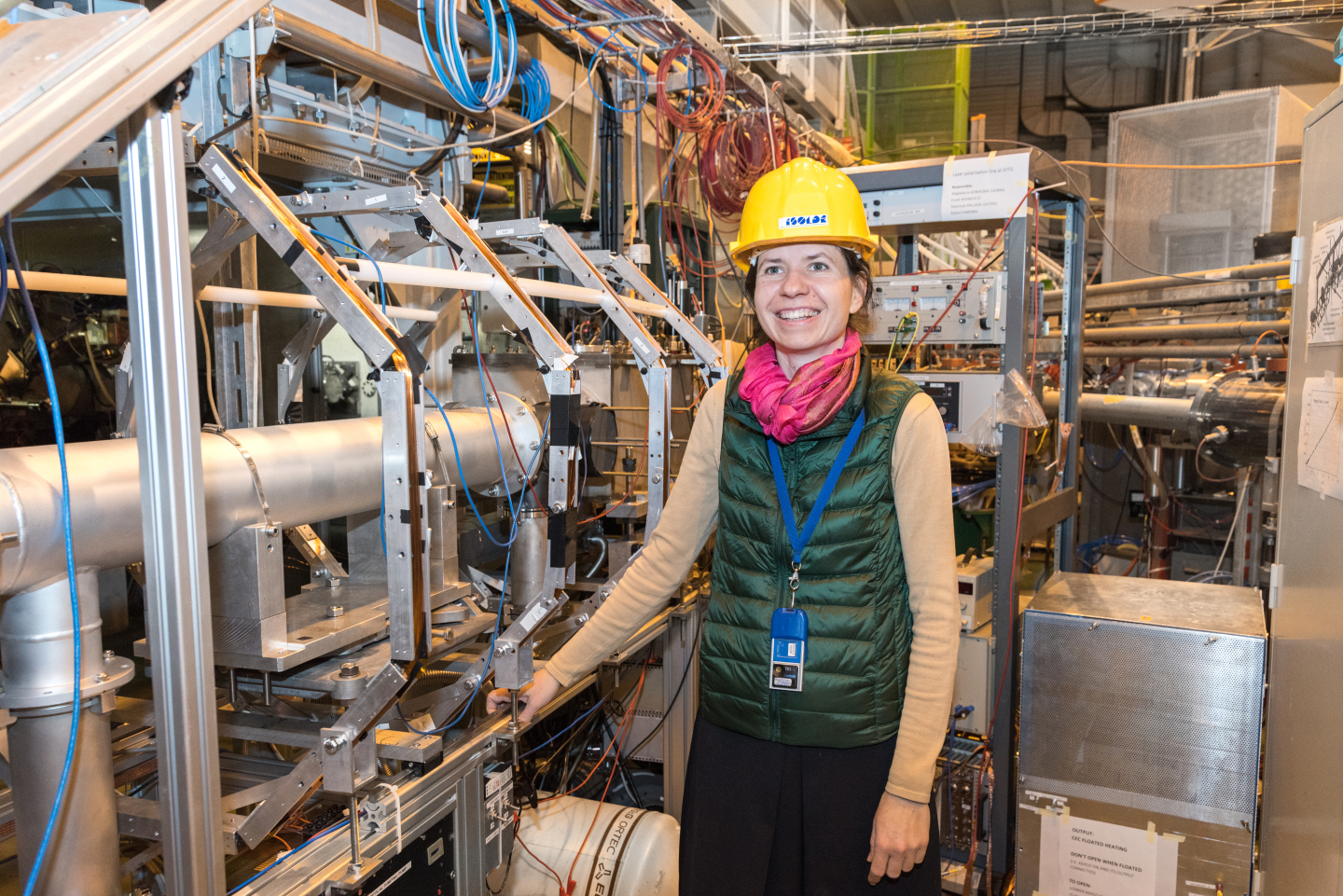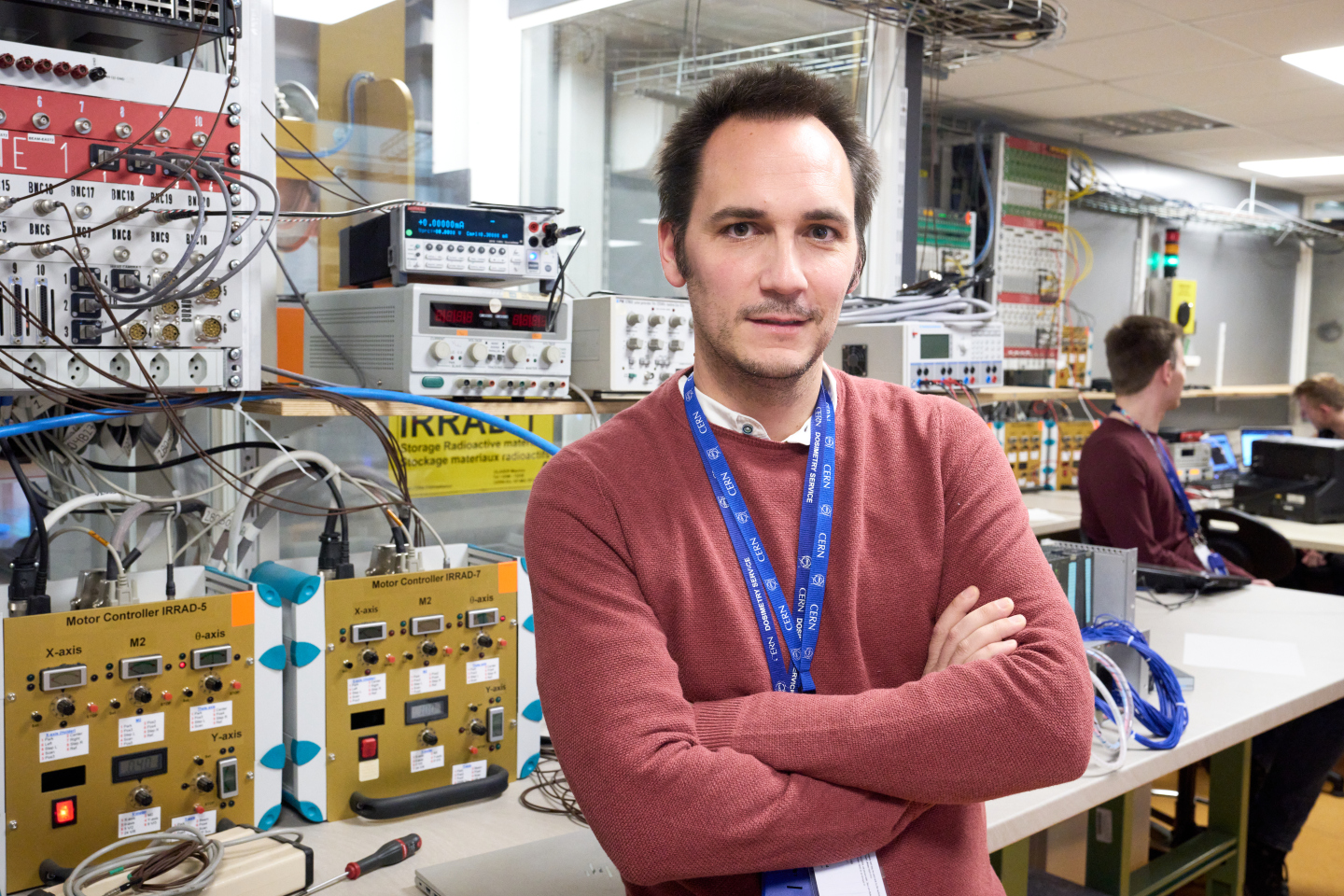
In January 2023, the portfolio of EU projects led by CERN will be joined by HEARTS. Together with its project coordinator, Rubén Garcia Alia, we look at the history of this project and how it further established CERN as a leading player in the radiation effects community.
What is your background and how did you come to work at CERN?
My main interest is the study of radiation-matter interaction and radiation effects on electronics. As an applied physicist, I have been trained at the Complutense University of Madrid and furthered my knowledge in the field at the European Space Agency (ESA) where I spent one year working on this topic. I was there that eleven years ago, I learned about the activities ran at CERN and, from an international organisation to another, started a PhD position. Today, I am leading the Radiation to Electronics (R2E) project at CERN, in charge of ensuring a reliable accelerator operation in spite of radiation effects on electronic components and systems.
From this year, you will coordinate the HEARTS (High-Energy Accelerators for Radiation Testing and Shielding) project. Can you tell me what this project is about?
The HEARTS project provides a solution to an ongoing trend in the space industry. Indeed, in order to reduce the cost of space missions, improve the performance of their electronics and open up new advanced applications, there is an increasing effort to take the advanced, high-performance technologies found on the ground, for example in our mobile phones and cars, and adapt them for space use. However, this improvement comes at the cost of qualifying components that are not intended for use in the radioactive environment of space.
This is where high energy heavy ion testing comes in. Only a very limited number of accelerator facilities in the world are capable of reproducing radiation fields that mimic the real space environment. With the support of the European Commission, HEARTS will aim to strengthen European capabilities in high-energy heavy ion electronics testing. The project will be coordinated by CERN, with GSI as an additional infrastructure and research lab, and other industrial (Airbus, Thales Alenia Space) and academic (University of Padova) partners.
What is the added value of CERN?
CERN plays a leading role in the radiation effects community because of the unique challenges it has faced when the Large Hadron Collider was commissioned in 2010. A major bottleneck, radiation effects on electronics initially caused a lot of downtime and 'lost physics'. In response, CERN built up its capacity in the later years and also consolidated its network by looking outside of the Organisation – most notably in the space domain.
In addition, CERN plays a special role as both a user and a provider of irradiation facilities. In general, industry is the main user of beam time and research institutes and academic centres are the suppliers. Being on both sides of the spectrum, CERN has a good view of both the needs of the community and the capabilities of the infrastructure.
Building on this expertise and its unique position, CERN has continued to increase its leadership role in the radiation effects community by organising conferences and seminars and by running several diverse European projects such as RADSAGA and RADNEXT, which will be discussed later. Today, the Organization is in a very good position to take initiative to build project proposals. It is also worth highlighting that high-energy heavy ion capabilities that will be developed in the CHARM facility at CERN thanks to HEARTS will be an excellent complement to the already very unique and performant mixed-field irradiation opportunities and that, though not as critical as for space applications, high-energy heavy ions can also be beneficial for accelerator electronics testing.
HEARTS will be funded under the Digital, Industry and Space Cluster of Horizon Europe. How does it differ from other projects ran at CERN?
Indeed, while CERN staff are used to hearing about projects under the first pillar of the Framework Programme (Marie Curie calls, European Research Council calls, Research Infrastructure calls), HEARTS belongs to the second pillar.
The main difference between the two pillars lies in the way the calls are designed. The first pillar is a bottom-up call, which means that anyone can submit a proposal in the scientific and technical field of their choice. In the other parts of the programme, notably the second pillar, the topics are predefined by the European Commission and are quite specific.
Although Pillar 2 calls require a higher level of technological preparation, the targeted call makes the competition much less risky than Pillar 1 calls, where the lack of restrictions can generate thousands of applicants. Because we should not only focus on what we know and where we have had recurrent success, I believe that such mechanisms should be encouraged. This is especially true in areas outside particle physics, where everyone knows that what CERN does is relevant beyond the first pillar type activities. Industrial and medical applications are good examples.
Since 2021, you have also been running the RADNEXT project. Can you tell me more about it?
The RADNEXT project was strongly motivated by the observation that, despite the growing demand for radiation effects testing, the overall supply was not really evolving or even contracting. Radiation effects testing activities only represent about 10-20% of the activity of a given accelerator, as they are operated for fundamental (e.g. nuclear, high-energy physics) research or medical applications. One of our challenges in the project is to ensure that the tests can be integrated into the schedule and agenda of the different facilities.
The project has been designed in a bottom-up approach, building on existing infrastructure and responding to community demand. More specifically, it is about research and industry-oriented radiation testing.
Space is the main actor for radiation effects, but there is a very diverse set of ground-based applications. A large number of high reliability applications are subject to radiation effects. For automotive and medical applications, but also computer servers and nuclear fusion, cosmic and artificial radiation can be a major source of unreliability.
After roughly 18 months of project, we are delighted to see how very diverse beam types (notably heavy ions, protons and neutrons) are provided to radiation effects users worldwide spanning across many different sectors and applications, at no cost to them, and with results that are rendered publicly available for the benefit of the radiation effects community as a whole.
Do you feel that European projects help make a better science at CERN?
One of the aspects that the European projects puts value on is the outreach and dissemination of the different scientific activities and results. The mindset about the impact of your project and its dissemination within the community still helps me with the way I manage and coordinate other, non-EU-related activities.
European projects are also platform for the careers of early professionals. I was delighted to see that some of the colleagues taking leading roles in HEARTS and RADNEXT had, in fact, taken part in the Marie-Curie project RADSAGA as early-stage researchers six to seven years before. They have been brought up in this European project culture and taught to dare thinking outside the box, to be proactive and to take initiative.
Finally, European projects are useful tools to further innovation at CERN by building capacity. In the case of HEARTS, the need for heavy-ions is pretty much industrial-driven at the moment since it is the European companies, satellite integrators and space module manufacturers that have the need of accessing this type of beams. However, I am certain that once the capacity is in place, the internal need will rise and bring people from CERN, from the experiments and the accelerator world to test their components with heavy-ions.
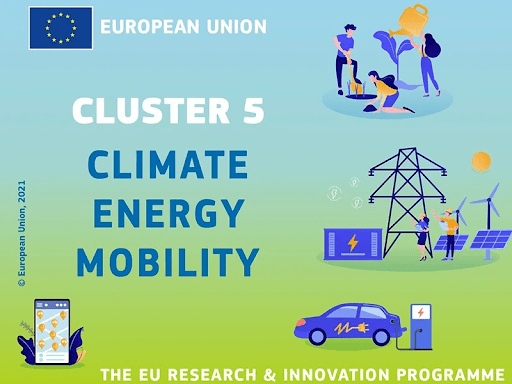

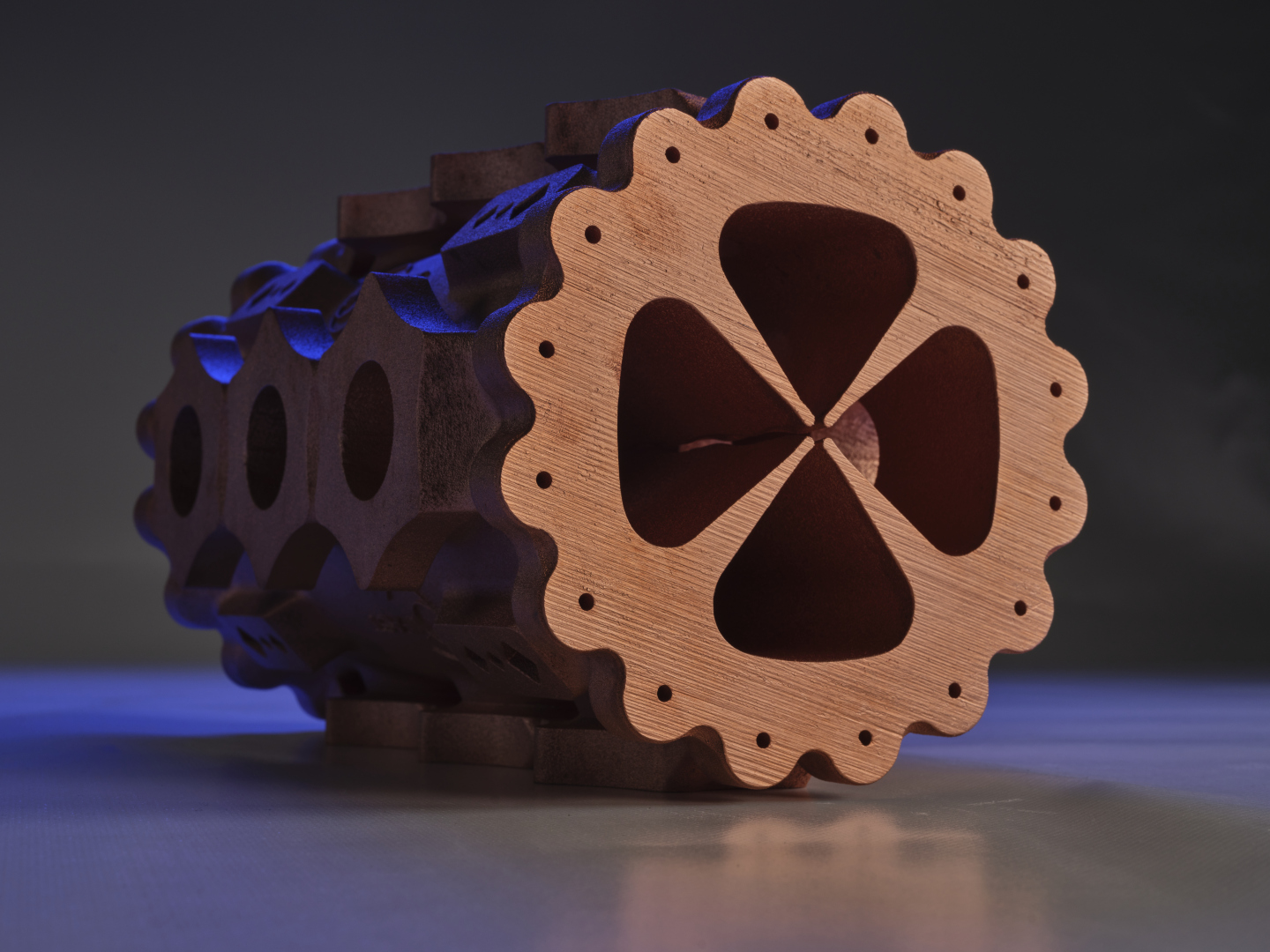
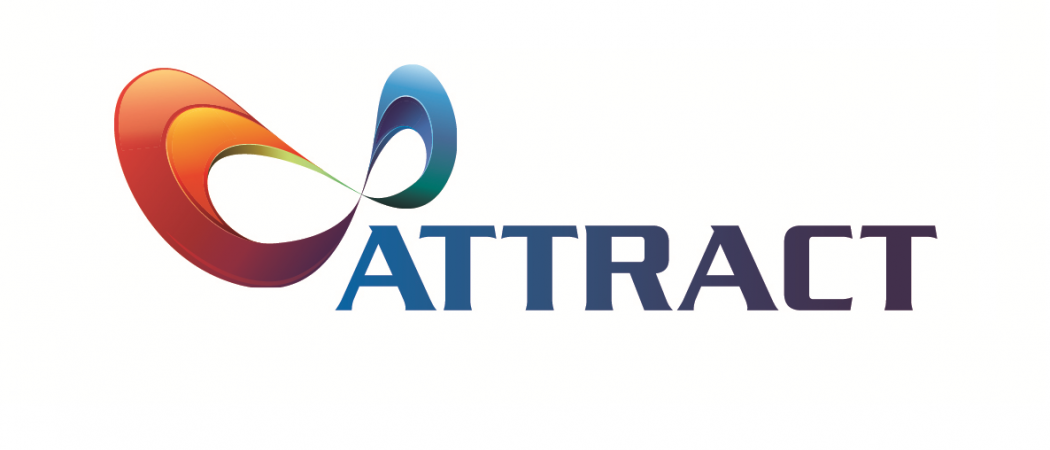
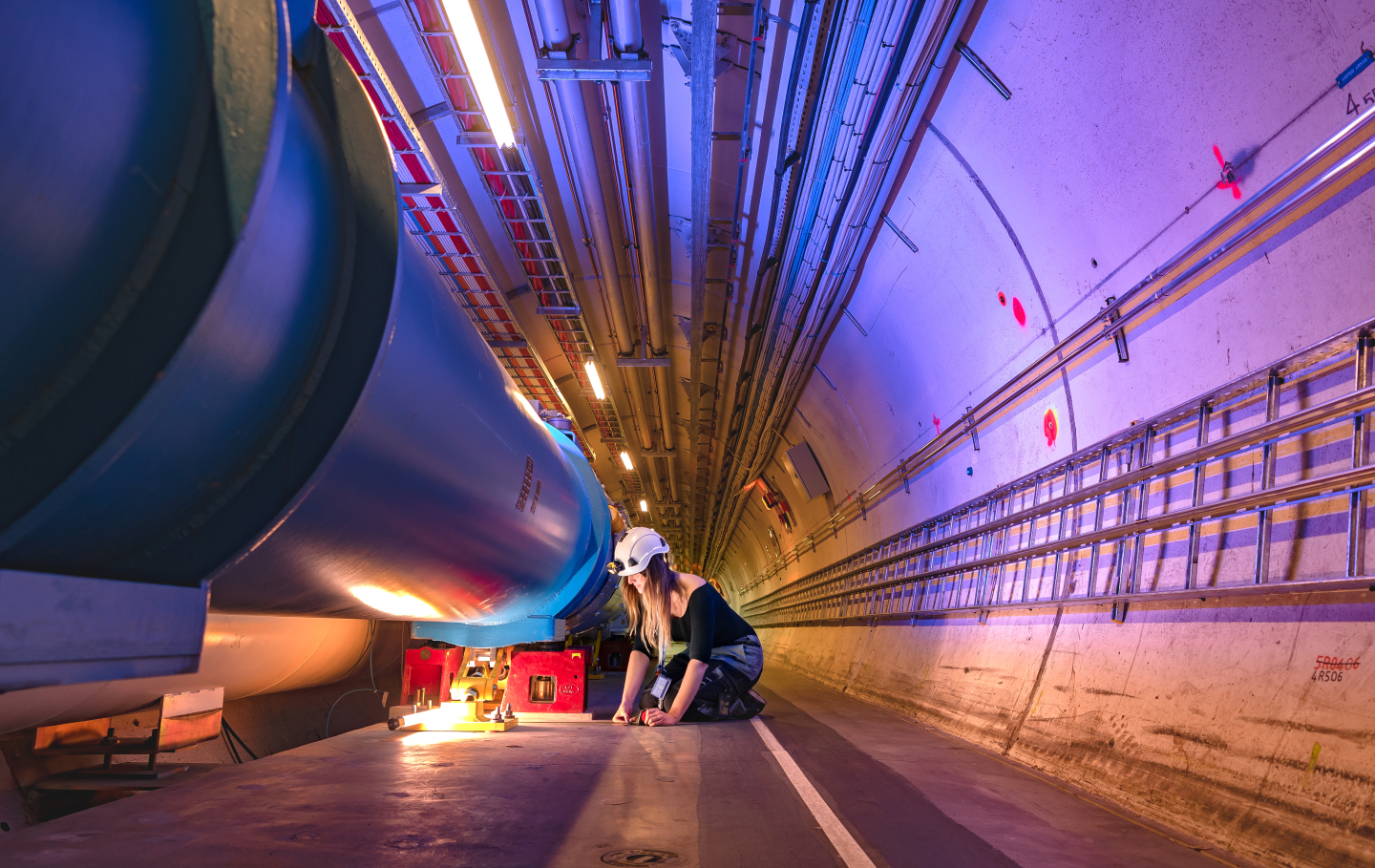
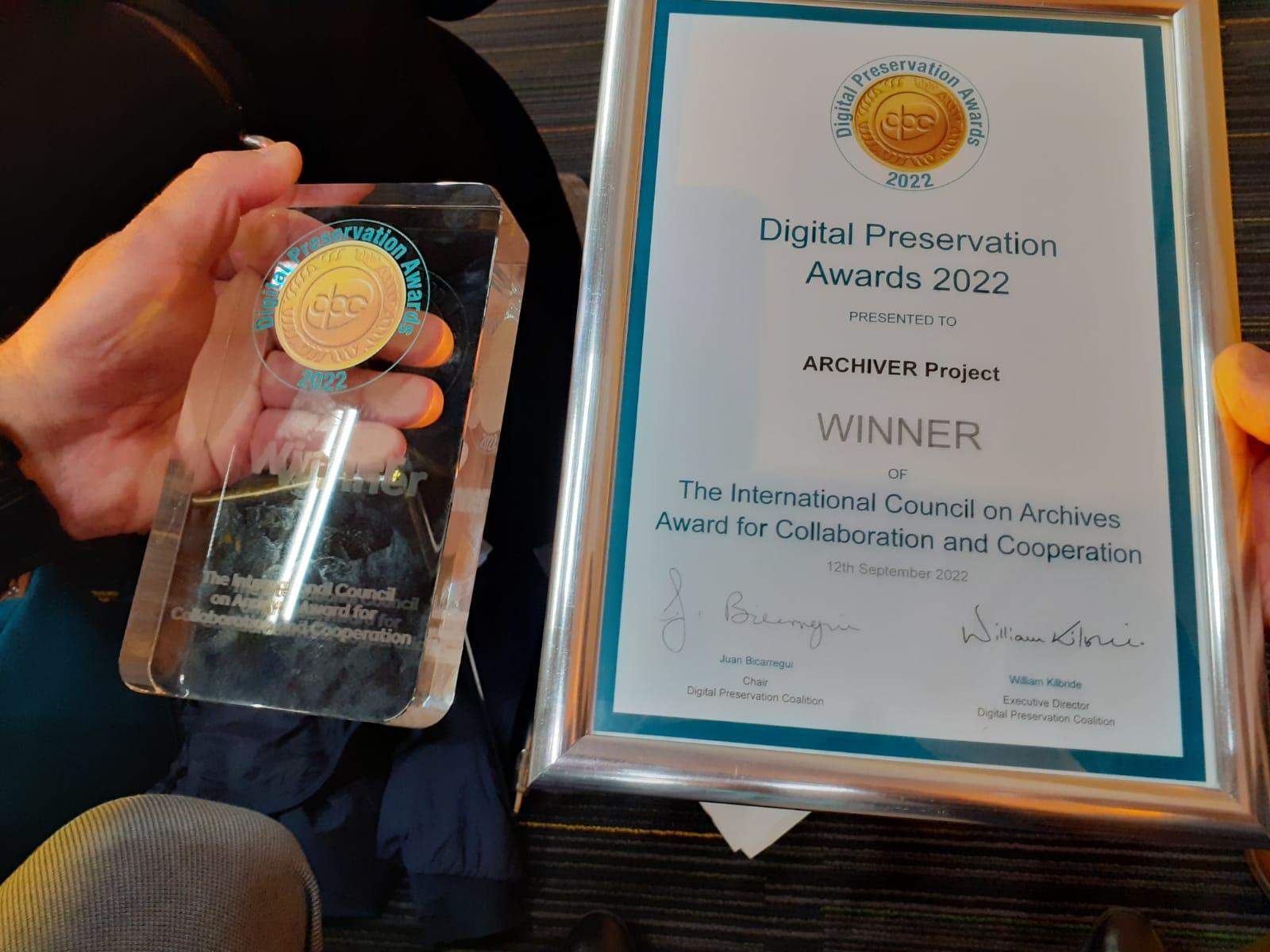
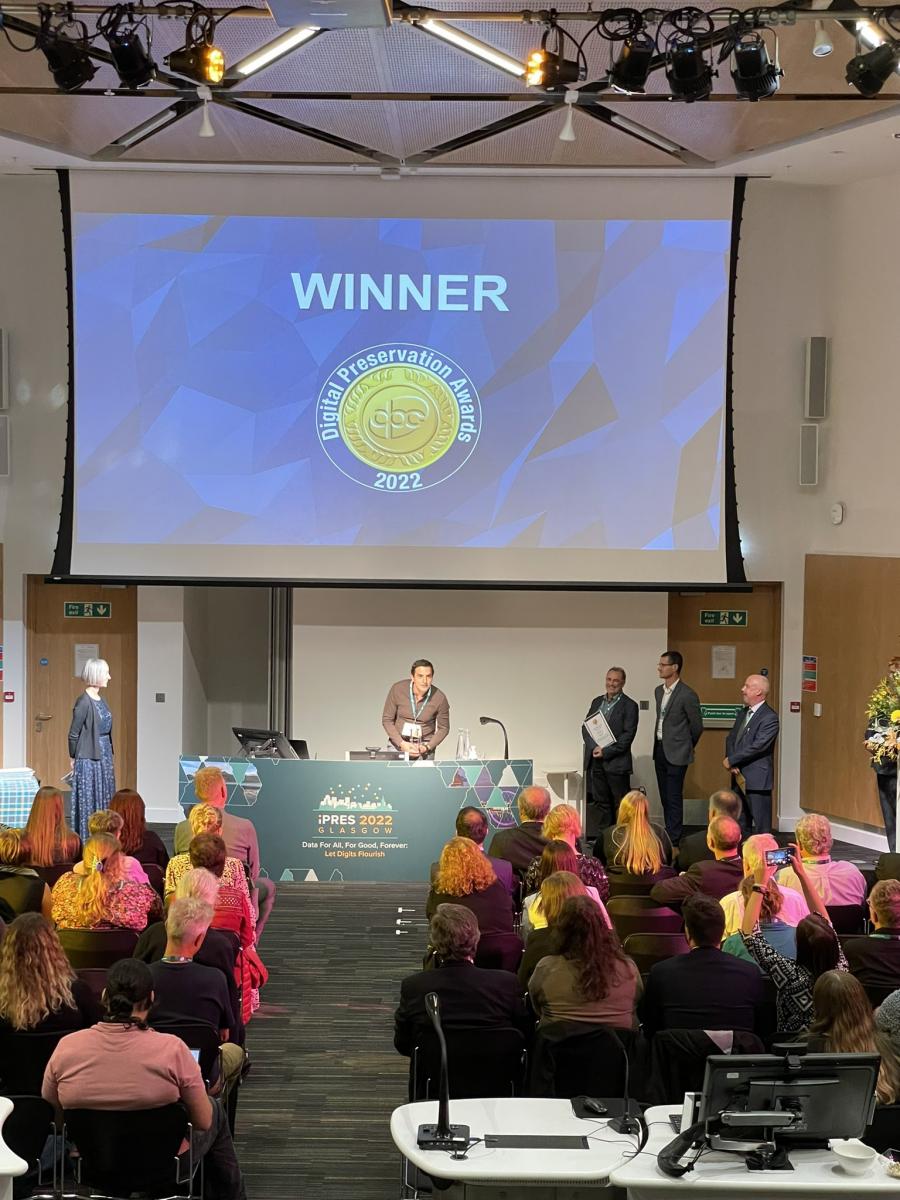 "On behalf of CERN and the ARCHIVER partners, I would to thank the DPC and the Preservation community for this moment and great recognition. It has been a long journey that started back in 2019 (since then the world changed just a little bit...) And yes ARCHIVER indeed embodies the spirit of what Collaboration and Cooperation means i) Across different domains of science, ii) Across different regions in Europe and UK, iii) And of course between the public and the private sector with SME producing competitively high quality software and services designed for Big Science that will certainly commoditise the benefits of digital preservation across. There is a "before ARCHIVER" and "after ARCHIVER" for LTDP in science.
"On behalf of CERN and the ARCHIVER partners, I would to thank the DPC and the Preservation community for this moment and great recognition. It has been a long journey that started back in 2019 (since then the world changed just a little bit...) And yes ARCHIVER indeed embodies the spirit of what Collaboration and Cooperation means i) Across different domains of science, ii) Across different regions in Europe and UK, iii) And of course between the public and the private sector with SME producing competitively high quality software and services designed for Big Science that will certainly commoditise the benefits of digital preservation across. There is a "before ARCHIVER" and "after ARCHIVER" for LTDP in science.